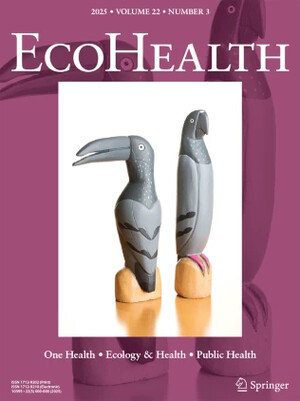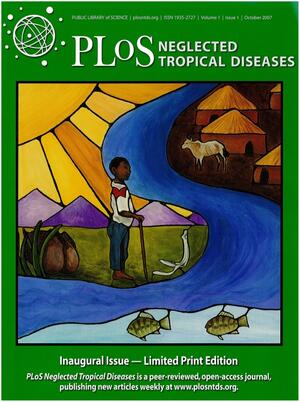
Determinants of vitamin D status in Kenyan calves
Abstract
Vitamin D plays a critical role in calcium homeostasis and in the maintenance and development of skeletal health. Vitamin D status has increasingly been linked to non-skeletal health outcomes such as all-cause mortality, infectious diseases and reproductive outcomes in both humans and veterinary species. We have previously demonstrated a relationship between vitamin D status, assessed by the measurement of serum concentrations of the major vitamin D metabolite 25 hydroxyvitamin D (25(OH)D), and a wide range of non-skeletal health outcomes in companion and wild animals. The aims of this study were to define the host and environmental factors associated with vitamin D status in a cohort of 527 calves from Western Kenya which were part of the Infectious Disease of East African Livestock (IDEAL) cohort. A secondary aim was to explore the relationship between serum 25(OH)D concentrations measured in 7-day old calves and subsequent health outcomes over the following 12 months. A genome wide association study demonstrated that both dietary and endogenously produced vitamin D metabolites were under polygenic control in African calves. In addition, we found that neonatal vitamin D status was not predictive of the subsequent development of an infectious disease event or mortality over the 12 month follow up period.
Citation
Callaby, R., Hurst, E., Handel, I., Toye, P., Bronsvoort, B.M. de C. and Mellanby, R.J. 2020. Determinants of vitamin D status in Kenyan calves. Scientific Reports 10:20590









